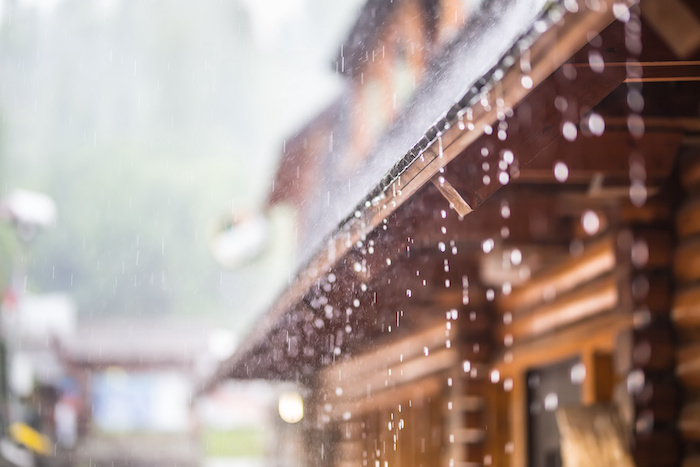You’ve likely experienced a bad storm at some point in your life. The wind howls and the rain pounds. The lights flicker and you lose power for a few hours. You can make do with candles, but what about your security system during a storm? Whether you live in an area where storm security means preparing for hurricane season and severe flooding. Or you deal with the occasional midwest tornado warning. Knowing how inclement weather can impact your home security system is an important part of ensuring you stay protected.
How Do Storms Impact Home Security Systems?
Bad storms can cause power outages in areas across the United States for homeowners. And those power outages often impact residential services like internet connection, landline phones, TV, refrigeration, and (in some cases) home alarm systems. If the outage only lasts a few hours, services should return unaffected. But when faced with longer-term outages it’s easy to start worrying about issues. Think food spoiling, work interruptions due to no internet service, and of course keeping a home security system online. When a power outage occurs, customers are protected by a cellular transmitter with backup battery power. Which allows the alarm system to continue to operate during temporary power outages. Cellular monitoring systems are easy to install without the need for drilling or re-wiring in your home or business. As more people switched to cell phones as their primary source of communication, Cellular Monitoring became more relevant to the point where it’s now the standard for home security solutions.
Additionally with cellular alarm monitoring, your system will stay connected no matter what. Since it transmits on a separate, secure wireless network, the central station remains in constant communication with your system. Which means that, beyond power outages, cellular monitoring keeps systems connected even when telephone service providers change or even if burglars attempt to cut power lines prior to an attempted break-in.
The Risk of Older Systems
Yet despite the fact that cellular monitoring remains the safest and most reliable option for home security service, many providers and customers still remain on older and less reliable systems. This means a homeowners’ access to home security monitoring services typically depends on the availability of traditional phone service, or Internet service. For instance:
- Alarm systems that rely on a hard-wired connection to a traditional telephone line are only as functional as the copper wire to which the system is connected; If the phone line is severed in a storm, alarm service is suspended until the phone line is physically repaired. In the aftermath of a storm the need for phone line repair services often exceed the resources available which leads to long periods of time without home security monitoring services.
- Alarm systems that operate on VoIP (Voice Over Internet Protocol – phone service that uses broadband internet connection, often offered as part of many service providers’ “triple-play” packages) are even more vulnerable; Just as phone lines can be cut or severed, Internet service can be interrupted in a variety of ways, cutting-off access to the alarm system until internet service is restored.
For More Security and Home Automation Tips and Solutions, Stick with My Alarm Center
So, will your system stay connected during a storm? If you have cellular monitoring, you should have nothing to worry about. If you don’t or you’re simply not sure, contact your provider and find out. It’s likely worth the peace of mind to make the switch.
And if you’re looking for more ways to keep yourself and your family safe, check out our home security and automation services at My Alarm Center. We offer a wide range of home security options to protect you and your family. If you’re ready to discuss our custom solutions, contact us today to learn more about our services and how we can help you prepare for what’s next.

